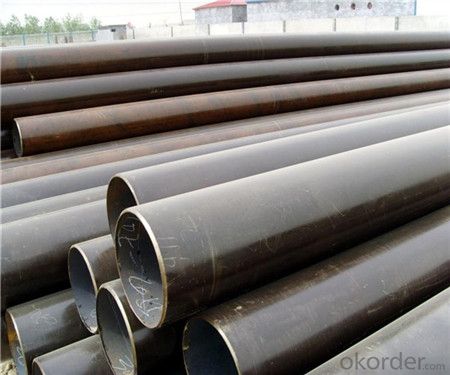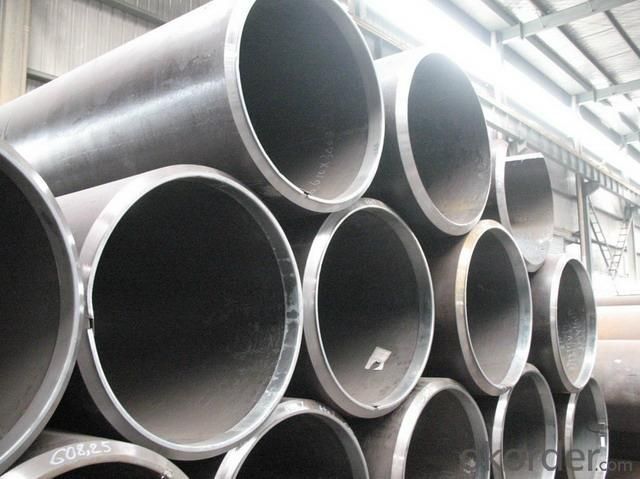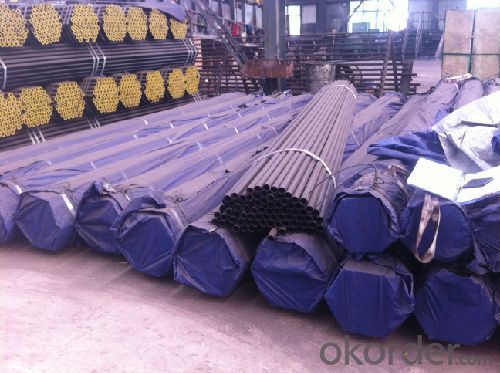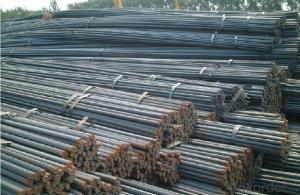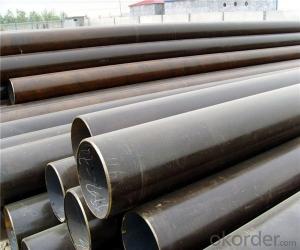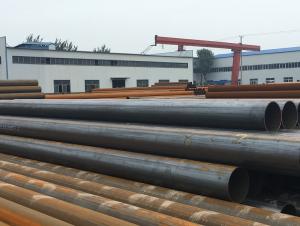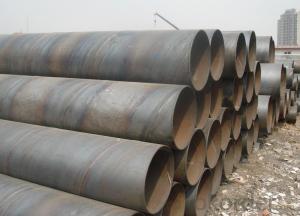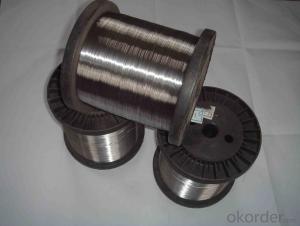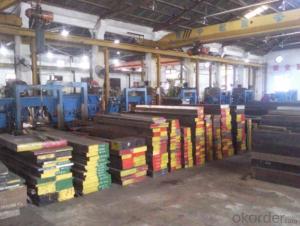Welded Steel Pipe China Manufacturer
- Loading Port:
- China Main Port
- Payment Terms:
- TT or LC
- Min Order Qty:
- 30 m.t.
- Supply Capability:
- 12000 m.t./month
OKorder Service Pledge
OKorder Financial Service
You Might Also Like
1、Structure of Seamless Pipe ASTM A106/53:
carbon seamless steel pipes are widely used in gas, water and oil, transpotation;constructions;Bridge,highway,windows of model steel door; building materials;fences;heating facilities Fluid Pipe;conduit pipe,scaffolding pipe.etc.
Payment Terms: L/C D/A D/P T/T
Packing and shipment
Packaged in bundles,as per customers' requirements, it can also bepackagesd as beveled ends, typed marking, black painting, plastic caps protection,woven bags packing
For 20" container the max length is 5.8m; For 40" container the max length is 12m. other options are available based on customer requests. Please discuss when placing orders.
2、Main Features of the Seamless Pipe ASTM A106/53:
• High manufacturing accuracy
• High strength
• Small inertia resistance
• Strong heat dissipation ability
• Good visual effect
• Reasonable price
3、Seamless Pipe ASTM A106/53 Specification:
Standard | GB, DIN, ASTM ASTM A106-2006, ASTM A53-2007 |
Grade | 10#-45#, 16Mn 10#, 20#, 45#, 16Mn |
Thickness | 8 - 33 mm |
Section Shape | Round |
Outer Diameter | 133 - 219 mm |
Place of Origin | Shandong, China (Mainland) |
Secondary Or Not | Non-secondary |
Application | Hydraulic Pipe |
Technique | Cold Drawn |
Certification | API |
Surface Treatment | factory state or painted black |
Special Pipe | API Pipe |
Alloy Or Not | Non-alloy |
Length | 5-12M |
Outer Diameter | 21.3-610mm |
Grade | 20#, 45#, Q345, API J55, API K55, API L80, API N80, API P110, A53B |
Standard | ASME, ASTM |
4、Packaging & Delivery
Packaging Details: | seaworthy package,bundles wrapped with strong steel strip |
Delivery Detail: | 15-30days after received 30%TT |
5、FAQ of Seamless Pipe ASTM A106/53:
①How is the quality of your products?
Our products are manufactured strictly according to national and internaional standard, and we take a test
on every pipe before delivered out. If you want see our quality certifications and all kinds of testing report, please just ask us for it.
Guaranteed: If products’ quality don’t accord to discription as we give or the promise before you place order, we promise 100% refund.
②How about price?
Yes, we are factory and be able to give you lowest price below market one, and we have a policy that “ for saving time and absolutely honest business attitude, we quote as lowest as possible for any customer, and discount can be given according to quantity”,if you like bargain and factory price is not low enough as you think, just don’t waste your time.Please trust the quotation we would give you, it is professional one.
③Why should you chose us?
Chose happens because of quality, then price, We can give you both.Additionally, we can also offer professional products inquiry, products knowledge train(for agents), smooth goods delivery, exellent customer solution proposals.Our service formula: good quality+good price+good service=customer’s trust
SGS test is available, customer inspection before shipping is welcome, third party inspection is no problem.
6、Seamless Pipe ASTM A106/53 Images:
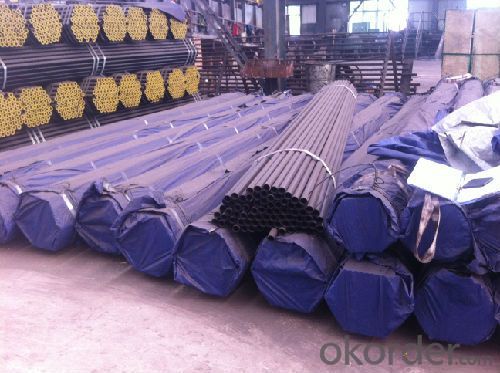
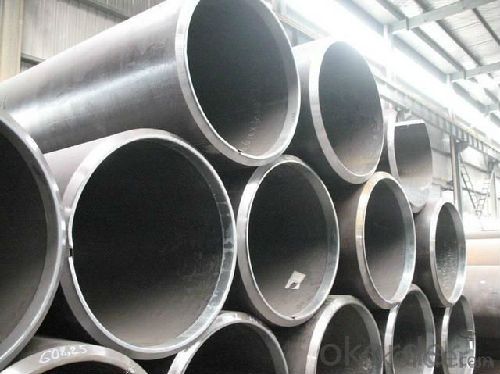
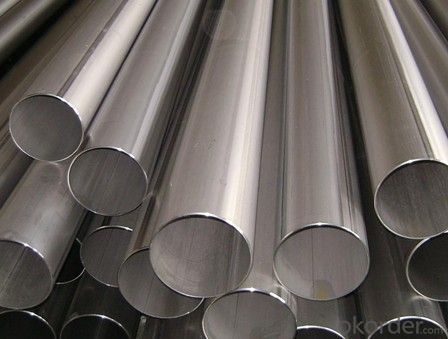
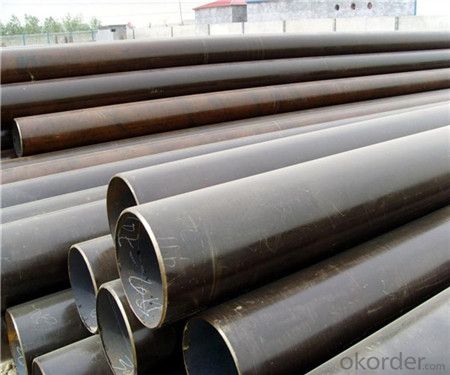
- Q: What is the difference between steel pipes and PVC pipes?
- The main difference between steel pipes and PVC pipes lies in their material composition. Steel pipes are made of a durable and strong metal alloy, while PVC pipes are made of a lightweight and flexible plastic called polyvinyl chloride. Steel pipes are typically used for heavy-duty applications that require high strength and resistance to extreme temperatures and pressure, such as in industrial settings or for transporting liquids or gases over long distances. On the other hand, PVC pipes are commonly used for residential and commercial plumbing systems due to their affordability, ease of installation, and resistance to corrosion. Additionally, PVC pipes are not suitable for high-pressure applications and have a lower heat tolerance compared to steel pipes.
- Q: How are steel pipes used in the manufacturing of HVAC systems?
- Steel pipes are commonly used in the manufacturing of HVAC systems for various purposes. They are primarily used for transporting fluids such as water, refrigerants, and gases throughout the system. Steel pipes provide durability and strength, ensuring the safe and efficient transfer of these substances. Additionally, steel pipes are often used for structural support, acting as a framework for the HVAC system. Overall, steel pipes play a crucial role in the manufacturing of HVAC systems by facilitating fluid transportation and providing structural stability.
- Q: Can steel pipes be used for underground sewerage systems?
- Indeed, underground sewerage systems can make use of steel pipes. These pipes possess remarkable strength and durability, rendering them suitable for the transportation of sewage beneath the surface. Their resistance to corrosion is high, allowing them to withstand the pressure and weight of the soil above. Moreover, steel pipes boast an extended lifespan and exhibit resilience against environmental factors like moisture, chemicals, and temperature variations. Furthermore, the ease of welding steel pipes makes the process of installation and repairs more convenient. Nevertheless, it is crucial to ensure that these steel pipes are adequately coated or lined to prevent corrosion and comply with local regulations and standards pertaining to underground sewerage systems.
- Q: What are the different methods of pipe insulation for steel pipes?
- Various methods can be employed to insulate steel pipes, each offering distinct advantages and suitability for specific applications. Some commonly utilized techniques encompass: 1. Fiberglass insulation: Esteemed as a highly favored pipe insulation method, fiberglass insulation comprises fine glass fibers and is obtainable in diverse formats like rolls, sheets, or pre-formed sections. It boasts a lightweight nature, effortless installation, and exceptional thermal insulation attributes. 2. Foam insulation: Another efficacious means of insulating steel pipes is foam insulation, which can be procured in various forms including rigid foam boards or spray foam. It is renowned for its high insulating capacity and its ability to seal gaps and cracks, thereby enhancing energy efficiency. 3. Rubber insulation: Rubber insulation, also referred to as elastomeric insulation, is extensively employed in HVAC systems to insulate steel pipes. It possesses flexibility, durability, and resistance to moisture, making it suitable for both indoor and outdoor applications. Additionally, rubber insulation offers commendable thermal and acoustic insulation properties. 4. Polyethylene insulation: Polyethylene insulation presents a cost-effective alternative for insulating steel pipes. It can be found in diverse formats such as foam tubes or molded sections and is effortless to install. Polyethylene insulation provides commendable thermal insulation, safeguards against condensation, and exhibits resistance to water vapor diffusion. 5. Cellular glass insulation: Cellular glass insulation, a rigid insulation material produced from crushed glass and a foaming agent, is acknowledged for its exceptional thermal insulation attributes as well as its resistance to moisture, fire, and chemicals. It is commonly employed in cryogenic and high-temperature applications. When selecting the appropriate pipe insulation method for steel pipes, it is imperative to consider factors such as temperature, moisture conditions, and project-specific requirements. Seeking guidance from a professional or insulation expert can aid in determining the optimal insulation method based on the specific needs and conditions of the project.
- Q: How are steel pipes used in the telecommunications industry?
- Steel pipes are commonly used in the telecommunications industry for various purposes such as underground cable installation, protection of fiber optic cables, and support of communication towers.
- Q: What are the common uses of steel pipes in construction?
- Due to their durability and strength, steel pipes are widely used in construction for various purposes. Plumbing systems in buildings commonly rely on steel pipes, which can effectively transport water, gas, and other fluids. Their resistance to corrosion and ability to withstand high pressure make them the preferred choice over alternative materials. Steel pipes are also frequently employed for structural support in construction. They serve as columns or beams, providing buildings with structural integrity and stability. With their capacity to support heavy loads, steel pipes are highly favored in the construction industry. Bridges and highways often incorporate steel pipes into their design. They are utilized to create sturdy and long-lasting bridge supports, guardrails, and signposts. The ability of steel pipes to endure extreme weather conditions and heavy traffic makes them a reliable option for infrastructure projects. Additionally, steel pipes are indispensable for underground utilities like sewer and drainage systems. They offer a robust solution for transporting wastewater and preventing leaks. Moreover, they play a crucial role in constructing underground tunnels and pipelines. Furthermore, steel pipes find application in fencing, scaffolding, and handrails in construction. Their strength, versatility, and ability to withstand harsh environmental conditions make them a preferred choice. In summary, steel pipes are vital components in construction due to their numerous advantages. Their durability, strength, and resistance to corrosion make them a reliable choice for various applications in the construction industry.
- Q: How do steel pipes resist corrosion?
- Steel pipes resist corrosion through a process called passivation, where a protective layer of chromium oxide forms on the surface of the steel, preventing direct contact with corrosive elements and slowing down the oxidation process. Additionally, steel pipes can be coated with protective layers such as zinc or epoxy to provide an extra barrier against corrosion.
- Q: How do you measure the thickness of steel pipes?
- There are several methods available for measuring the thickness of steel pipes, depending on the desired level of accuracy. One commonly utilized technique is ultrasonic measurement. This involves employing an ultrasonic thickness gauge, which emits high-frequency sound waves that travel through the walls of the pipe and reflect back to the gauge. By calculating the time it takes for the sound waves to travel and return, an accurate measurement of the thickness can be obtained. This method is non-destructive and can be applied to both ferrous and non-ferrous materials. Alternatively, calipers or micrometers can be used for measurement. This entails manually measuring the outer diameter (OD) and inner diameter (ID) of the pipe, and then subtracting the ID from the OD to determine the thickness. However, it should be noted that this method is less precise compared to ultrasonic measurement. In cases where extreme precision is not necessary, a simple tape measure or ruler can be employed to measure the outer diameter of the pipe. The thickness can then be estimated by referring to standard pipe thickness charts or tables. It is essential to emphasize the significance of accurately measuring the thickness of steel pipes in various applications, such as construction, manufacturing, and engineering. Consequently, it is advisable to utilize suitable measuring tools and techniques to ensure precise results.
- Q: What are the safety measures to be followed while working with steel pipes?
- When working with steel pipes, it is important to follow several safety measures to ensure the well-being of workers and prevent accidents. Some of the key safety measures include: 1. Personal Protective Equipment (PPE): Workers should always wear appropriate PPE, including safety glasses, steel-toed boots, gloves, and hard hats to protect themselves from potential hazards. 2. Proper Lifting Techniques: Steel pipes can be heavy, so workers should use proper lifting techniques, such as bending their knees and using their leg muscles, to prevent strain or injury to their back. 3. Secure Storage and Handling: Steel pipes should be stored in a secure and organized manner to prevent them from falling or causing any hazards. Workers should also use appropriate lifting equipment, such as cranes or forklifts, to handle heavy steel pipes safely. 4. Inspect Pipes for Defects: Before working with steel pipes, they should be inspected for any defects, such as cracks or corrosion, that could compromise their structural integrity. Damaged pipes should be replaced to avoid potential accidents. 5. Proper Welding and Cutting Techniques: When welding or cutting steel pipes, workers should follow proper techniques and use appropriate safety equipment, such as welding masks and fire-resistant clothing, to prevent burns, fires, or explosions. 6. Fall Protection: When working at heights or on elevated platforms, workers should use fall protection equipment, such as harnesses and safety nets, to prevent falls and injuries. 7. Adequate Ventilation: In enclosed spaces where welding or cutting activities take place, proper ventilation should be ensured to prevent the accumulation of harmful fumes or gases. 8. Fire Prevention: Steel pipes can be flammable, especially when cutting or welding. Therefore, it is crucial to have fire prevention measures in place, such as fire extinguishers and fire blankets, and to follow proper fire safety protocols. By adhering to these safety measures, workers can minimize the risks associated with working with steel pipes and create a safer working environment.
- Q: Can steel pipes be used for LNG terminals?
- Yes, steel pipes can be used for LNG terminals. Steel pipes are commonly used in the construction of infrastructure for LNG terminals due to their strength, durability, and resistance to extreme temperatures. They can effectively handle the high-pressure requirements and the cryogenic temperatures involved in the storage and transportation of liquefied natural gas.
Send your message to us
Welded Steel Pipe China Manufacturer
- Loading Port:
- China Main Port
- Payment Terms:
- TT or LC
- Min Order Qty:
- 30 m.t.
- Supply Capability:
- 12000 m.t./month
OKorder Service Pledge
OKorder Financial Service
Similar products
Hot products
Hot Searches
Related keywords



